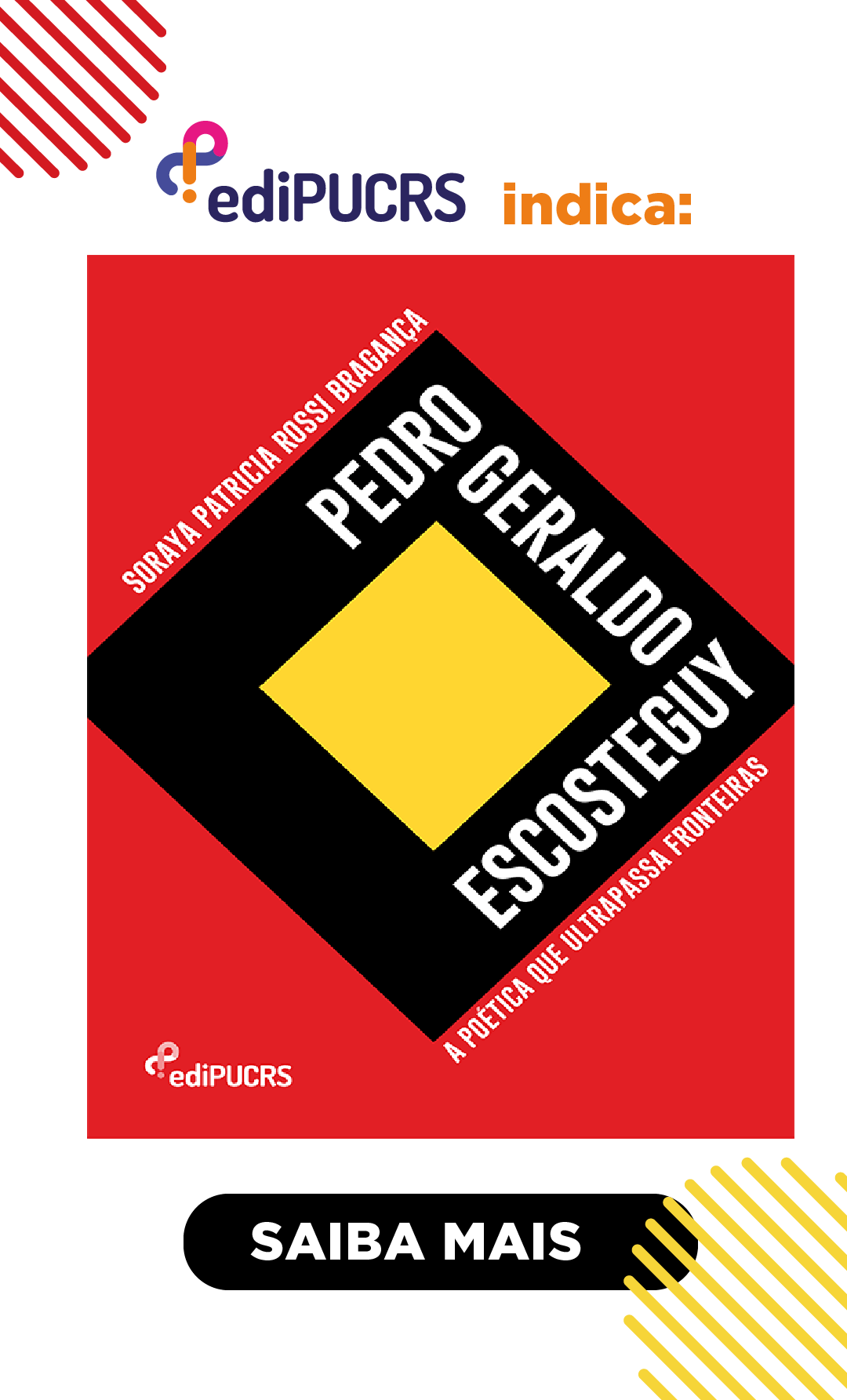O homem e o absurdo: aproximações entre O mito de Sísifo, de Albert Camus, e Estrela polar, de Vergílio Ferreira
DOI:
https://doi.org/10.15448/1983-4276.2014.2.15723Keywords:
O mito de Sísifo, Albert Camus, Estrela polar, Vergílio Ferreira, AbsurdoAbstract
Numa leitura paralela entre O mito de Sísifo, de Albert Camus, e Estrela polar, de Vergílio Ferreira, verifica-se em que sentidos o escritor português configura ficcionalmente a ideia do homem absurdo, problematizada por Camus em seu ensaio. Com recorrência a elementos da fortuna crítica do romance, acompanha-se o atormentado percurso da personagem Adalberto, protagonista e narrador de Estrela polar, em suas tentativas goradas tanto de compreender-se a si próprio, quanto de comungar com os que estão à volta. Sem que se enfatize o signo da influência, vem-se a perceber que muitos dos problemas levantados pelo autor francófono materializam-se em Adalberto, fator que faz com que os dois textos se iluminem mutuamente.
************************************************************************************************************************************************************************************************************
The man and the absurd: relations between The myth of Sisyphus, by Albert Camus, and Estrela polar, by Vergílio Ferreira
Abstract: This article intends to verify how Portuguese writer Vergílio Ferreira fictionalizes, in his novel Estrela polar, the idea of absurd man, which was previously focused by Albert Camus in The myth of Sisyphus. By considering aspects of Estrela polar as analyzed by other critics, the article follows the path of Adalberto, both narrator and character of the novel; mainly, his unsuccessful attempts of understanding himself and the others. Putting the dimension of influence apart, it is possible to perceive that many issues raised by Camus are composed in Adalberto, which makes possible a better comprehension of both works.
Keywords: The myth of Sisyphus; Albert Camus; Estrela polar; Vergílio Ferreira; Absurd
Downloads
References
BARRETO, Vicente. Camus: vida e obra. 2. ed. Rio de Janeiro: Paz e Terra, 1991.
BORNORNORNHEIM, Gerd. A. (Org.). Os filósofos pré-socráticos. 14. ed. São Paulo: Cultrix, 2007.
CAMUS, Albert. O mito de Sísifo. Tradução de Ari Roitman e Paulina Watch. Rio de Janeiro: BestBolso, 2010.
CAMUS, Albert. Le mythe de Sisyphe. Paris: Gallimard, 1942.
DENIS, Benoît. Literatura e engajamento: de Pascal a Sartre. Tradução de Luiz Dagobert de Aguirra Roncari. Bauru: EDUSC, 2002.
DIAS, Maria Heloísa Martins; PITERI, Sônia Helena de Oliveira Raymundo (Orgs.). A Literatura do outro e os outros da Literatura. São Paulo: Cultura Acadêmica, 2010.
FERREIRA, Vergílio. Estrela polar. 4. ed. Venda Nova: Bertrand, 1992.
FERREIRA, Vergílio. Pensar. 6. ed. Venda Nova: Bertrand, 1998.
FERREIRA, Vergílio. Da fenomenologia a Sartre. In: SARTRE, Jean-Paul. O Existencialismo é um humanismo. 3. ed. Lisboa: Presença, [19__ ].
FERREIRA, Vergílio. Espaço do invisível. 4. ed. Lisboa: INCM, 1987.
FERREIRA, Vergílio. Vagão “J”. 2. ed. Lisboa: Arcádia, 1974.
GRENIER, Roger. Albert Camus: soleil et ombre: une biographie intelectuelle. Paris: Gallimard, 2009.
LIND, Georg Rudolf. Constantes na obra narrativa de Vergílio Ferreira. Colóquio/Letras, n. 90, p. 35-46, mar. 1986.
MENDONÇA, Aniceta de. O romance de Vergílio Ferreira: existencialismo e ficção. Assis: ILHPA; HUCITEC, 1978.
MENDONÇA, Fernando. A Literatura Portuguesa no século XX. São Paulo: HUCITEC, 1973.
MENDONÇA, Fernando. O romance português contemporâneo. Assis: Faculdade de Filosofia, Ciências e Letras de Assis, 1966.
PAIVA, José Rodrigues de. O espaço-limite no romance de Vergílio Ferreira. Recife: Encontro; Gabinete Português de Leitura, 1984.
SEGRE, Cesare. As estruturas e o tempo. Tradução de Silvia Mazza e J. Guinsburg. São Paulo: Perspectiva, 1986.
TORRES, Alexandre Pinheiro. O movimento neorrealista em Portugal na sua primeira fase. Lisboa: Instituto de Cultura e Língua Portuguesa, 1977.
Downloads
Published
How to Cite
Issue
Section
License
Copyright
The submission of originals to Navegações implies the transfer by the authors of the right for publication. Authors retain copyright and grant the journal right of first publication. If the authors wish to include the same data into another publication, they must cite Navegações as the site of original publication.
Creative Commons License
Except where otherwise specified, material published in this journal is licensed under a Creative Commons Attribution 4.0 International license, which allows unrestricted use, distribution and reproduction in any medium, provided the original publication is correctly cited.





